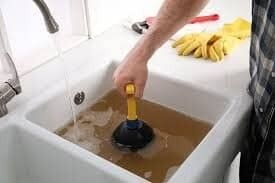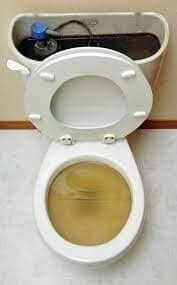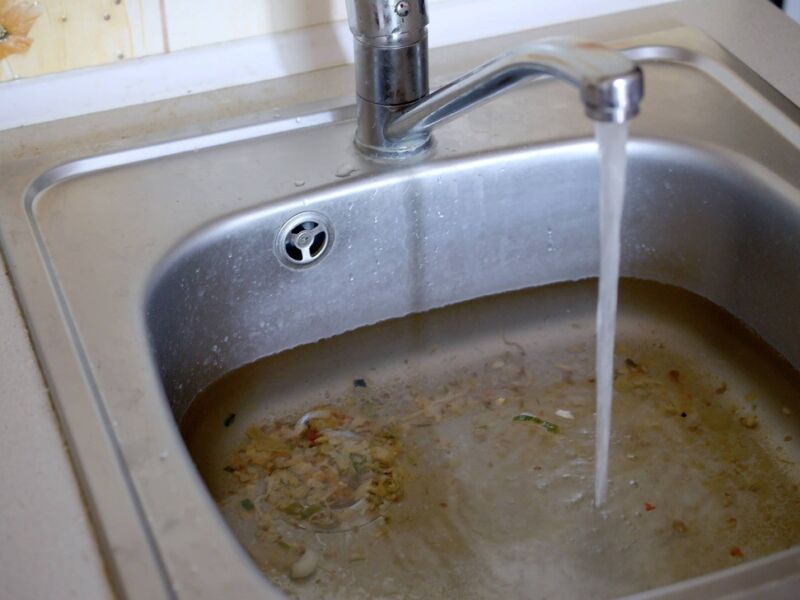
Sewage Backup and Urban Flooding: Understanding the Risks and Remediation
Sewage backup and urban flooding can cause significant damage to properties and pose serious health risks to both residents and the community. Understanding the causes, risks, and proper remediation methods is essential for dealing with these situations effectively. In this article, we will explore the various aspects of sewage backup and urban flooding, from their causes and consequences to the necessary steps for cleaning up and preventing future incidents.
Causes of Sewage Backup

Sewage backup can occur due to various reasons, including:
- Clogged sewer lines
- Tree root intrusion
- Malfunctioning septic systems
- Heavy rainfall or flash floods
- Improper disposal of cooking oils, grease, and other substances
- Structural defects in plumbing systems
When these issues arise, wastewater and sewage can flow back into homes and establishments, causing extensive damage and contamination.
Health Risks Associated with Sewage Backup
Sewage backup poses significant health risks due to the presence of harmful bacteria, viruses, parasites, and other pathogens. Exposure to raw sewage can lead to:

- Gastrointestinal infections
- Respiratory issues
- Skin irritation and infections
- Allergic reactions
- Waterborne diseases, such as cholera and hepatitis
It is crucial to avoid direct contact with sewage and take immediate action to address the problem and sanitize the affected areas.
Impact of Urban Flooding
Urban flooding, often caused by heavy rainfall or inadequate stormwater management systems, can exacerbate the risk of sewage backup. When storm drains and sewers become overwhelmed, the excess water can mix with sewage, leading to widespread flooding and contamination. Urban flooding can result in:
- Damage to infrastructure and property
- Disruption of daily activities and services
- Increased risk of accidents and injuries
- Spread of waterborne diseases
- Environmental pollution
Proper urban planning, regular maintenance of drainage systems, and the implementation of effective flood control measures are essential for mitigating the impact of urban flooding.
Cleaning up and Remediation
When faced with sewage backup or urban flooding, it is crucial to prioritize safety and seek professional assistance. Cleanup and remediation involve the following steps:
- Assessment and evaluation: Professionals will assess the extent of the damage and identify potential hazards.
- Containment: The affected area will be cordoned off to prevent the spread of contaminants.
- Water extraction and drying: Excess water will be removed using specialized equipment, and the area will be thoroughly dried to prevent mold and further damage.
- Cleaning and disinfection: Surfaces, furniture, and belongings will be thoroughly cleaned and disinfected to eliminate pathogens.
- Restoration: Repairs and restoration work will be carried out to return the property to its pre-damaged condition.
- Preventive measures: Professionals will provide recommendations for preventing future incidents, such as regular maintenance and implementing appropriate drainage systems.
It is essential to engage a reputable water damage restoration company, such as Water Damage Restoration Pros of Las Vegas, for prompt and efficient cleanup and remediation.
Frequently Asked Questions (FAQ)
What should I do if I experience sewage backup in my property?
How can I prevent sewage backup in my home or establishment?
By understanding the risks and taking prompt action, you can effectively address sewage backup and urban flooding, minimizing damage and safeguarding the health and well-being of occupants and the community.


